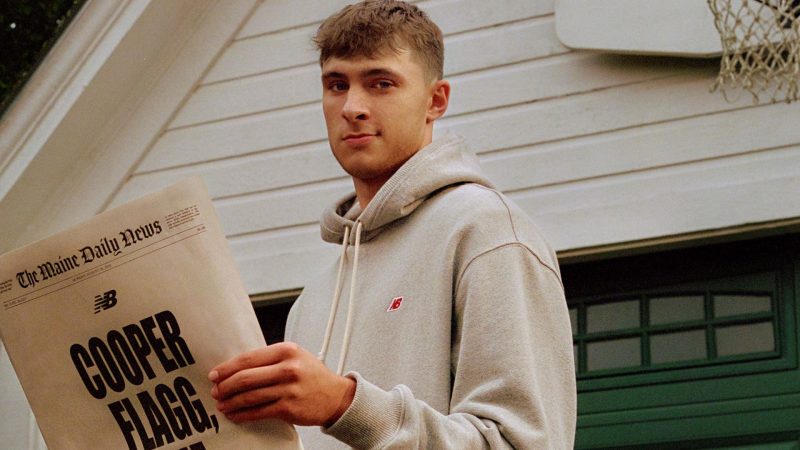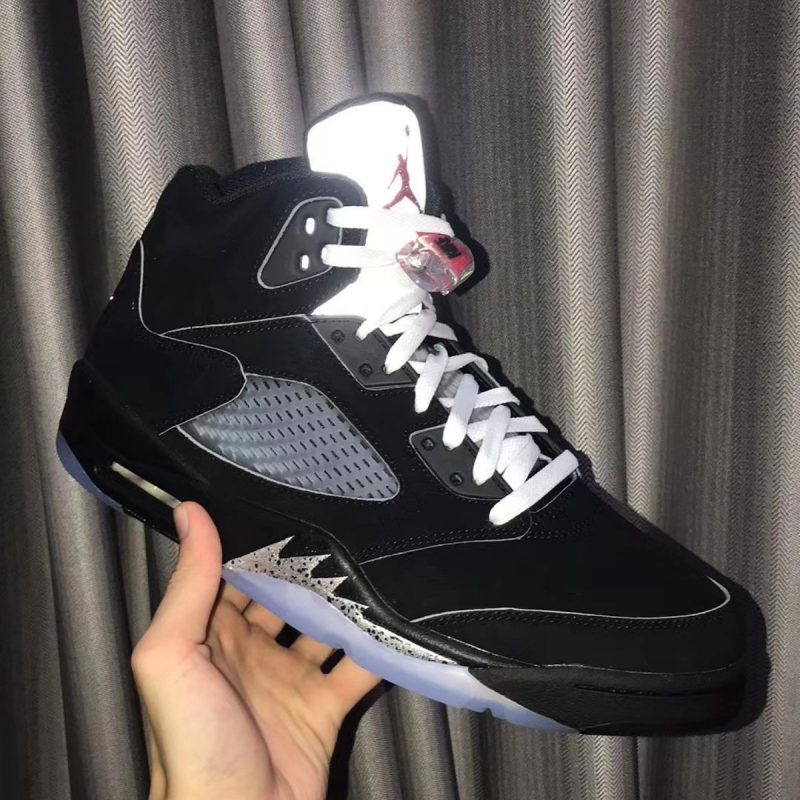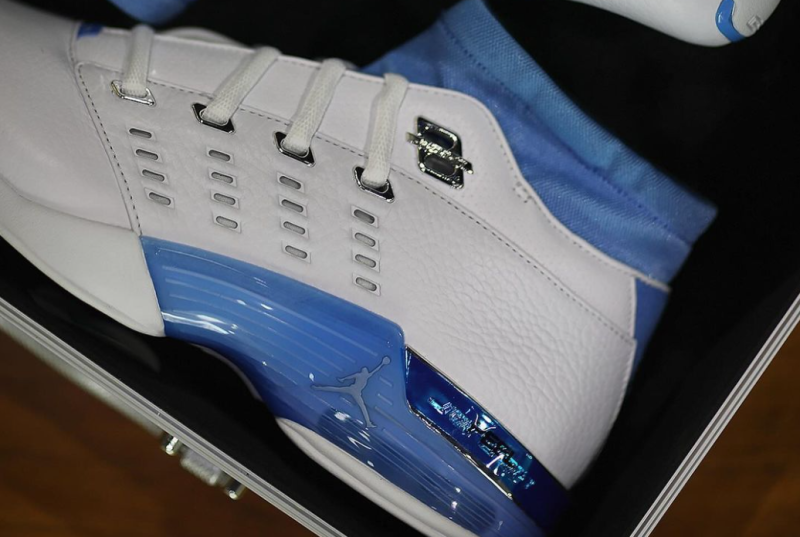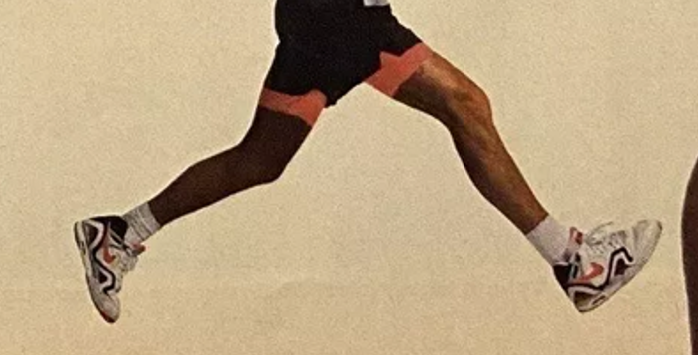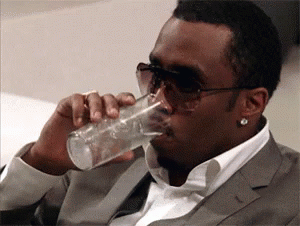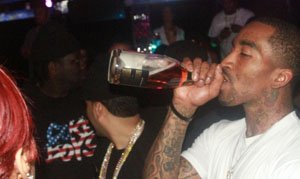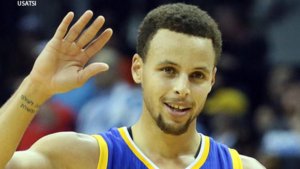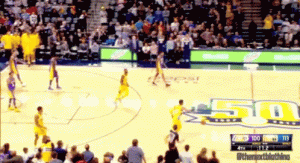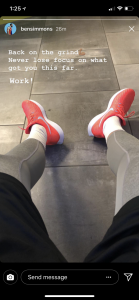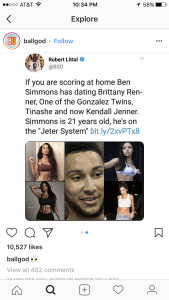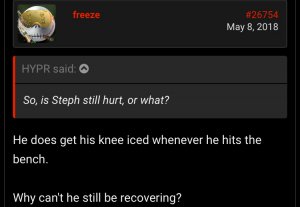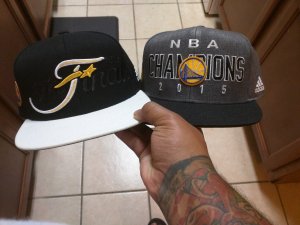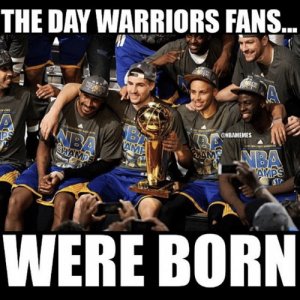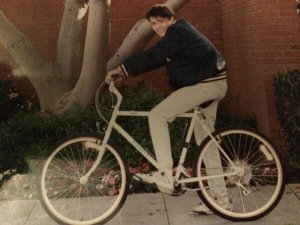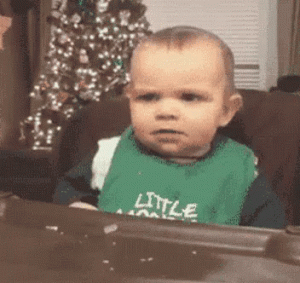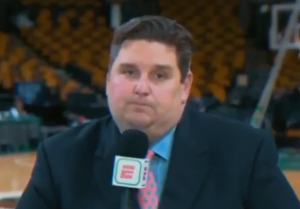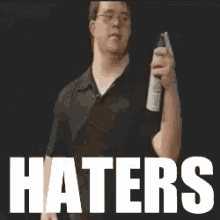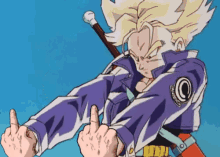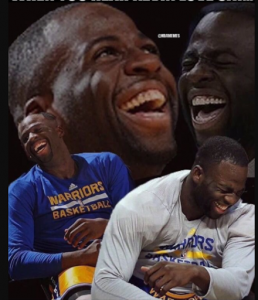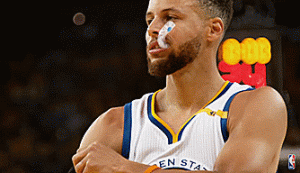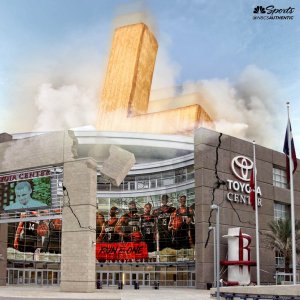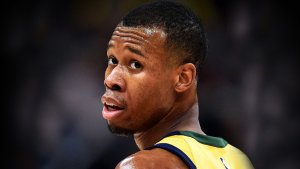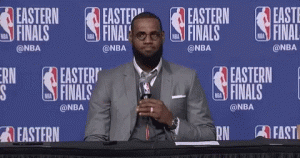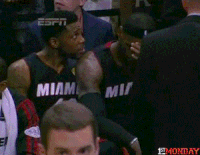- 17,487
- 24,497
- Joined
- Feb 8, 2009
Watching Capela play a pivotal roll on a title contender only makes Dwight Howard more frustrating. If he'dd just accept his role as a paint defender, garbage man, rim-runner-type, he could be a great piece to a really good team.
His issues is that he still thinks he's a superstar who needs plays ran for him and pouts when he doesn't get touches. He hasn't evolved. A Dwight Howard post-up where his teammates stand around for 20 seconds is an inefficient play and don't even mention his awful turnover rate.
It's just sad to see the dinosaurs of the 00s like Melo and Dwight fade away. This only makes Lebron's evolution only more amazing. He's adapted and refined his game to seamlessly to different eras
His issues is that he still thinks he's a superstar who needs plays ran for him and pouts when he doesn't get touches. He hasn't evolved. A Dwight Howard post-up where his teammates stand around for 20 seconds is an inefficient play and don't even mention his awful turnover rate.
It's just sad to see the dinosaurs of the 00s like Melo and Dwight fade away. This only makes Lebron's evolution only more amazing. He's adapted and refined his game to seamlessly to different eras
Last edited:
















 , but it still bears mentioning that he hasn’t exactly fed off of his home crowds. It might be because Miami’s fans suck and he wasn’t ready in Cleveland, but we usually see stars take over on their home floors in the Finals. Nope. LeBron is LeBron is LeBron is LeBron. He’s going to give you what he’s going to give you. Excellent basketball, no more, no less.
, but it still bears mentioning that he hasn’t exactly fed off of his home crowds. It might be because Miami’s fans suck and he wasn’t ready in Cleveland, but we usually see stars take over on their home floors in the Finals. Nope. LeBron is LeBron is LeBron is LeBron. He’s going to give you what he’s going to give you. Excellent basketball, no more, no less.
